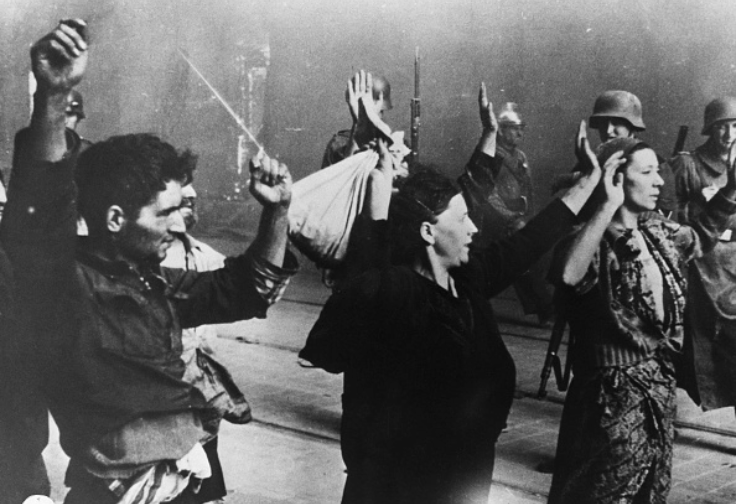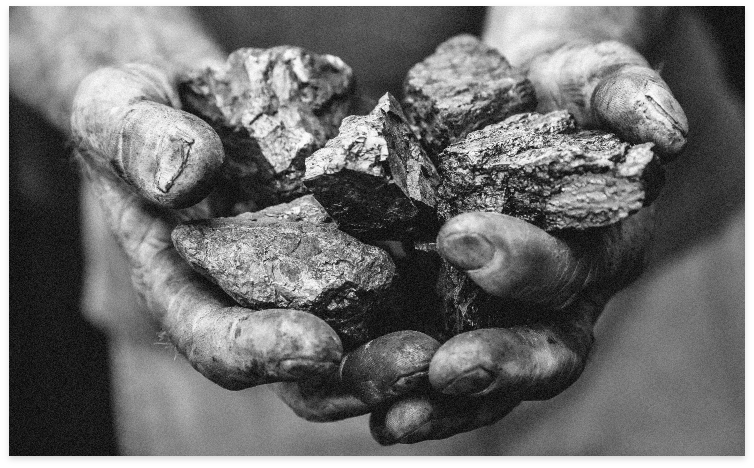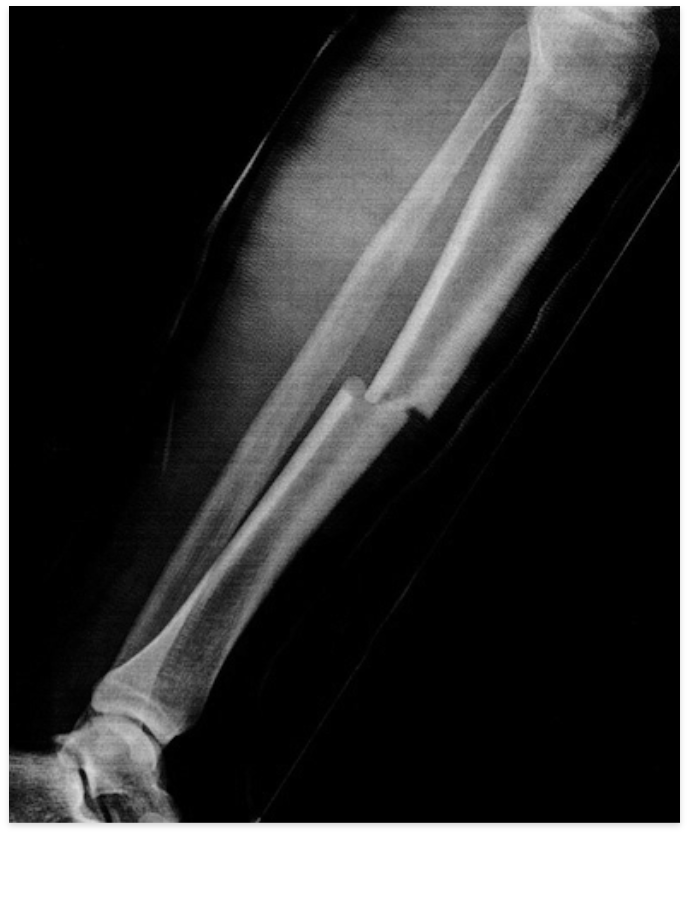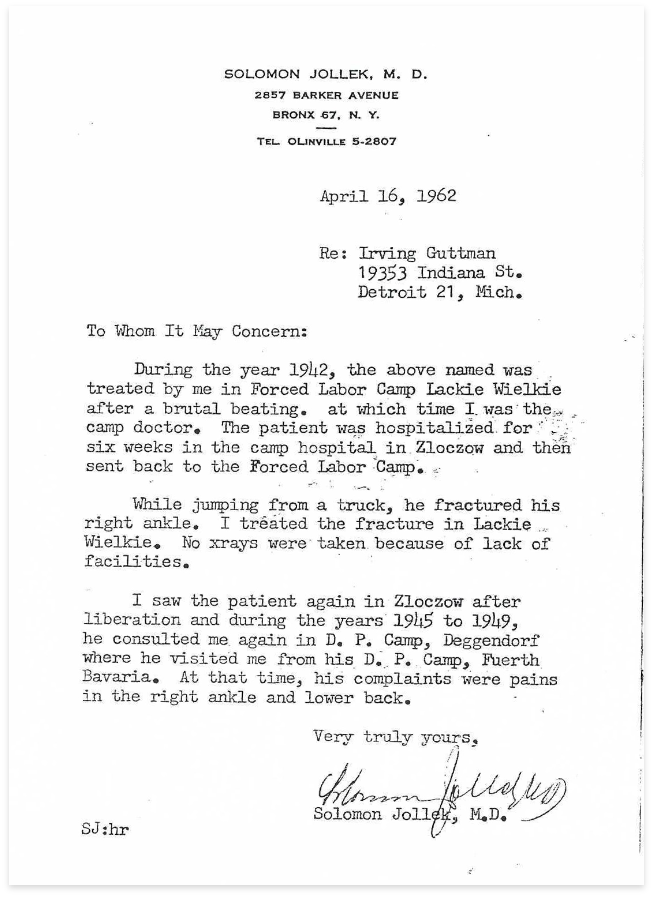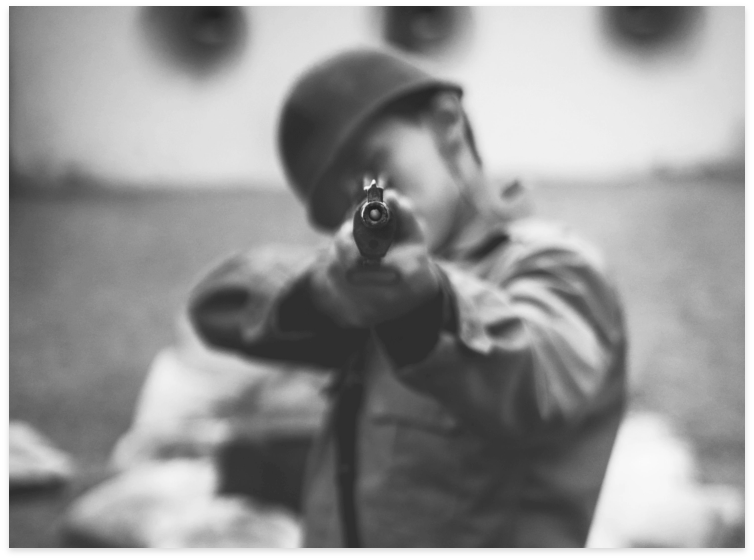
As the Germans continued their invasion of Poland, prompting Russian forces to retreat, conditions became increasingly precarious for Irving and his family. He began to see that the potential for brutality from the German forces exceeded that of the Russians, as the sick, the injured and — most specifically — the Jewish were regularly rounded up and executed without warning.

